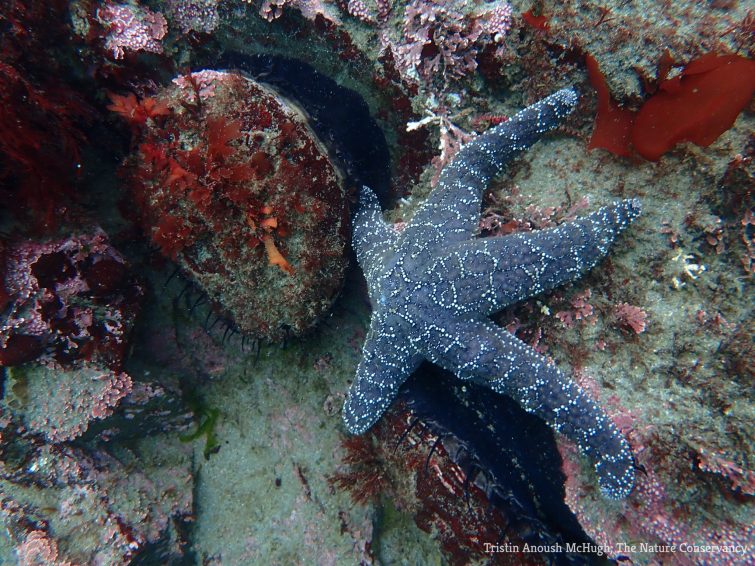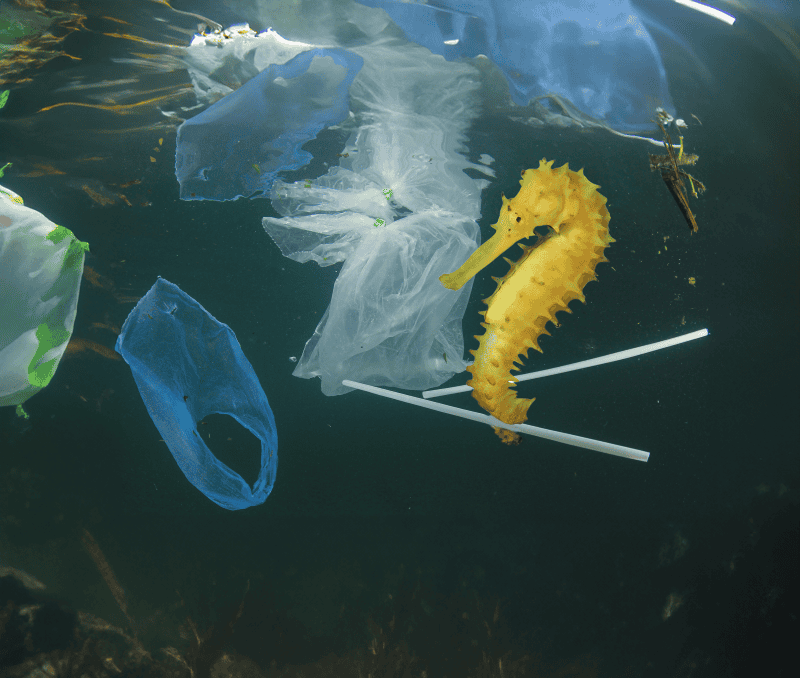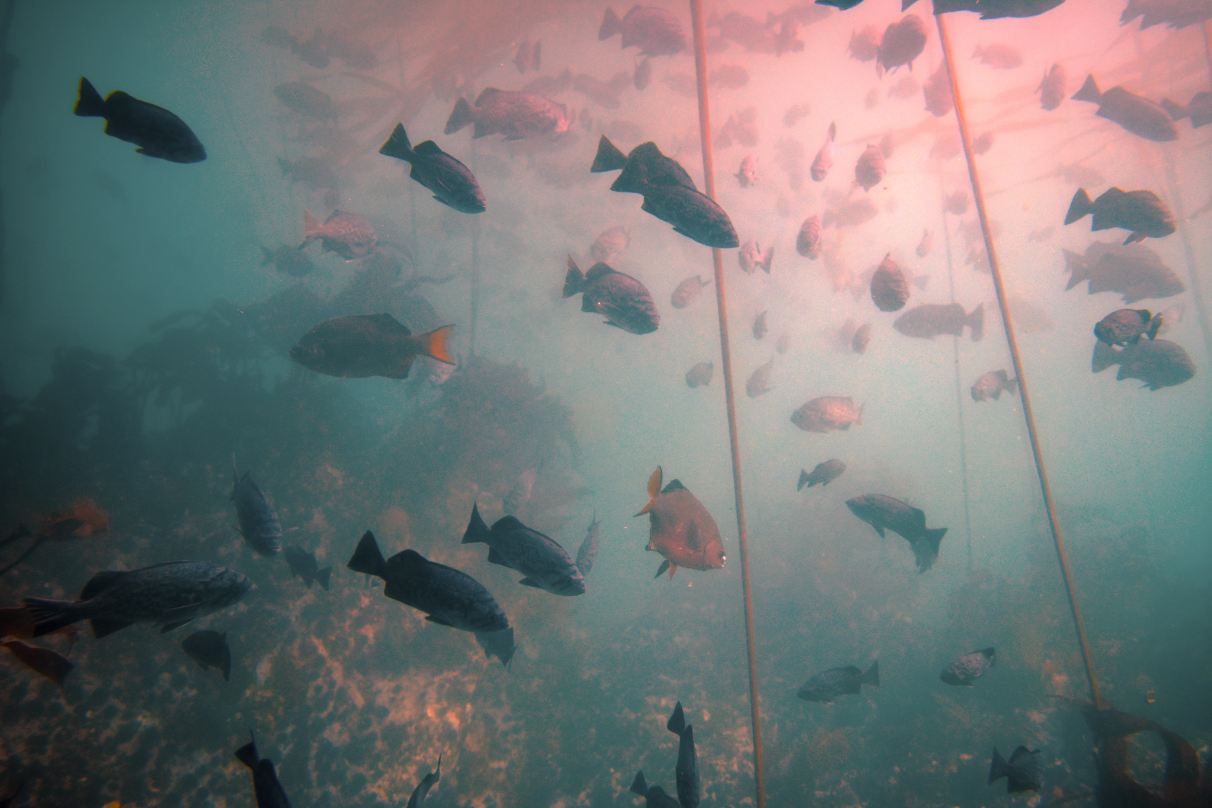Challenges & Solutions


Ocean health restoration is essential to safeguarding the future of our planet. Our oceans cover over 70% of the Earth’s surface and play a vital role in regulating the global climate, supporting biodiversity, and providing food and livelihoods for billions of people. They produce more than half of the world’s oxygen and serve as one of the planet’s largest carbon sinks, helping to mitigate the impacts of climate change. Beyond their ecological functions, oceans are home to an astonishing array of life—from the tiniest plankton to the largest marine mammals—contributing to the intricate web of life that sustains us all.
However, rising ocean temperatures, pollution, overfishing, and habitat destruction are pushing marine ecosystems to the brink. Without urgent action, the balance of these ecosystems will be disrupted, affecting both marine life and human communities. Ocean health restoration is not just about preserving nature; it’s about ensuring the long-term health and survival of future generations, securing food sources, protecting coastal communities, and maintaining the planet’s environmental stability.
At Blue Harmony, we are committed to addressing these critical issues through targeted efforts focused on ocean health restoration. Our mission includes initiatives such as kelp forest restoration, sea urchin removal events, coastal cleanups, and community-driven conservation projects that restore balance to marine ecosystems. By fostering partnerships, promoting sustainable practices, and encouraging collective action, we aim to revitalize our oceans and empower communities to protect these vital resources for generations to come.
Plastic Pollution
Ocean plastic pollution seriously harms marine and human life. Millions of tons of plastic enter the ocean each year, forming five massive plastic garbage dumps, the largest of which is an area twice the size of Texas or three times the size of France. These ocean dumps endanger species through ingestion, entanglement, and habitat destruction. Plastic waste breaks down into microplastics, entering our bodies – causing cancer, contaminating the food chain, threatening the health of all species, and harming tourism and fisheries. We urgently need your help addressing plastic pollution before our marine ecosystems collapse.

Ocean Climate Change
Ocean climate change poses a profound challenge to marine ecosystems, affecting everything from water temperature and sea levels to ocean acidification and weather patterns. As global temperatures rise, the oceans absorb much of this heat, leading to coral bleaching, altered fish migration patterns, and the disruption of marine food chains. Additionally, increased carbon dioxide emissions are causing ocean acidification, which threatens shellfish and other calcifying organisms essential to the marine ecosystem. These changes not only endanger marine life but also impact the communities that depend on healthy oceans for their livelihoods and food security.
Addressing the challenges of ocean climate change requires urgent collective action, including reducing greenhouse gas emissions, implementing adaptive management strategies, and fostering community resilience to protect our oceans and ensure their health for future generations.

Overfishing
Overfishing presents a critical challenge to our oceans, as it leads to the depletion of fish populations and disrupts the delicate balance of marine ecosystems. Unsustainable fishing practices, driven by increasing demand for seafood, have resulted in the decline of numerous species, jeopardizing biodiversity and threatening the livelihoods of communities that rely on fishing for sustenance. The loss of key species can create ripple effects throughout the food web, leading to broader ecological imbalances. To combat these issues, it is essential to implement sustainable fishing practices, enforce stricter regulations, and raise awareness about responsible seafood consumption, ultimately fostering a collaborative approach among fishermen, policymakers, and conservationists to restore the health of our oceans.
